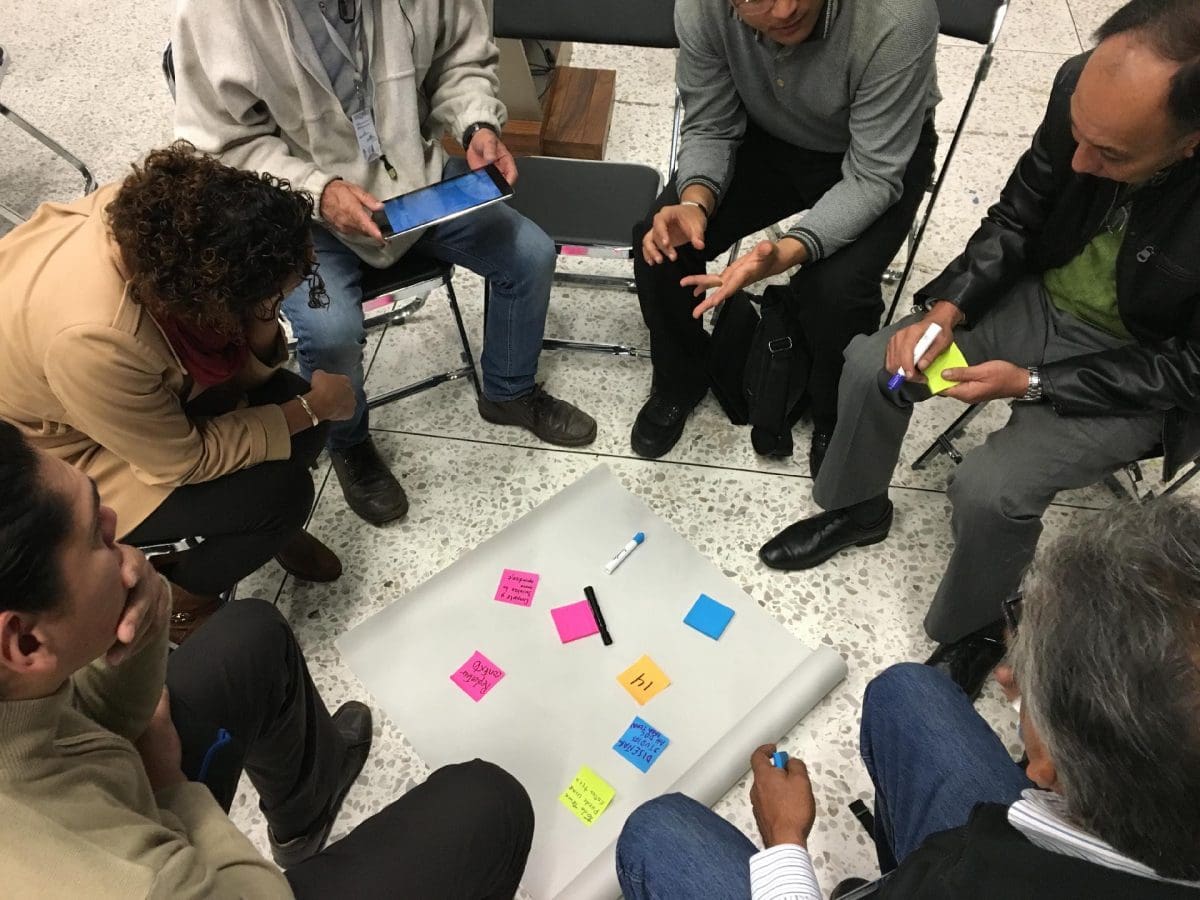
Who?
Who is an advocate of continuous learning? Barack Obama. Elon Musk. Bill Gates. Do these names ring a bell? What is the first thing that comes to your mind when you think of them? They are all successful people, they have worked hard, their names have made history. But what do they have in common? They all learn, they invest in continuous learning. They make information their asset and they talk about it as often as they can, in a pursuit to inspire people to give knowledge credit. To acknowledge the power of knowledge and adopt a lifelong learning culture.
According to an article on The New York Times, Obama talked about the fact that books have helped him survive his years at the White House, playing a valuable role in his life, both personal and professional, while helping him to "slow down and get perspective”. Basically, Barack Obama has never missed a chance to absorb information despite his busy schedule, so what would stop you? After all, continuous learning means constantly doing something for yourself and we all should do that at least from time to time. And, as a bonus, it's an investment on the long run.
In an article, entitled How Elon Musk Learns Faster And Better Than Everyone Else, Michael Simmons called Musk a modern polymaths. What does that mean? That he follows the 5-hour rule, that he studies widely in many different fields such as software, energy, transportation and aerospace and he goes even further, finding mental models that connect these fields. Lifelong learning well structured, basically.
So, how is this helpful? Well, you already know that Elon Musk is a successful figure and a source of inspiration when it comes to accomplished business people. His continuous learning approach gives him an information advantage, helping him to compete in a global economy, by mastering world-class skill sets, while investing in lifelong learning across different areas of study.
Bill Gates. He is well known for his business success and for giving credit to knowledge, investing in learning all the way. He keeps up with the digital evolution, talking about the changes and the benefits that online learning can bring: “Instead of just reading a chapter on solving equations, you can look at the text online, watch a super-engaging video that shows you how it’s done, and play a game that reinforces the concepts”. We totally agree with him and his perspective.
The 5-hours rule
Alright, so until now you have a clear perspective on how continuous learning is a key asset, with powerful examples of people who have succeeded. We previously mentioned the 5-hour rule, as an approached followed by learning advocates both for professional and personal development.
What's the 5-hour rule? It is a lifelong learning concept coined by Michael Simmons which says that no matter how busy you are, you should spend at least an hour a day learning or practicing, as successful people do across their entire career. It's more like a life-long commitment towards investing in one's growing.
According to an article written on the entrepreneur.com, Simmons traces this phenomenon back to Ben Franklin, who made a habit out of waking up early to read and write, establishing goals and tracking his results, pursuing self-improvement along with other people whom he brought together in a club for artisans and tradesmen, all believing in lifelong learning and coming up with a solution to implement it. Nowadays, this concept is followed by a lot of people who break it into three buckets.
1. Read. Not only the three people mentioned above made a habit out of constantly reading, but also others like them who have acknowledged the fact that information must be used at its full potential and can be found in numerous sources.
Anthony Robins says that “If you spend one hour a day to learn about a topic, a year later, in this regard, the knowledge you gain will be more than 99.999% of the world’s people.” And that's a lot, right? However, if you cannot read one hour a day, start with 15 minutes. 30 minutes. It matters. Thus, lifelong learning is not giving up on all your activities to save time for learning, but rather about finding some knowledge in all your activities.
2. Reflect. The 5-hour rule also include reflecting and thinking. Critical thinking. Information becomes valuable to you when you internalise it. Continuous learning, not just reading. For example, after attending a conference or a training, ask yourself "how can I apply this to my specific professional activity?" This way, information is not general, but particular. It's what YOU need. And it's essential for your lifelong learning approach.
3. Experiment. The final step is experimentation. If you think of it, it's pretty logical. You read, you reflect and then you put it into practice: continuous learning step by step. Continuous learning, step by step. As this article points out, we have Gmail because Google allowed employees to experiment with new ideas. People can talk about Thomas Edison's inventions because of their experiments. Trying, testing, getting result.
Professional development is up to you. So is personal development. And continuous learning is the key for both of these. And if you do not know how to start, you can always use the 5-hour rule to adopt a lifelong learning culture which sets you up for success and development. Do yourself a service, get learning by your side.




